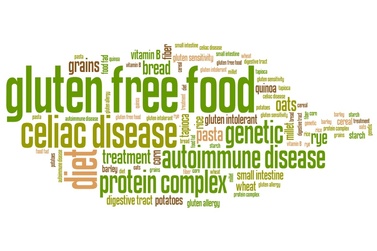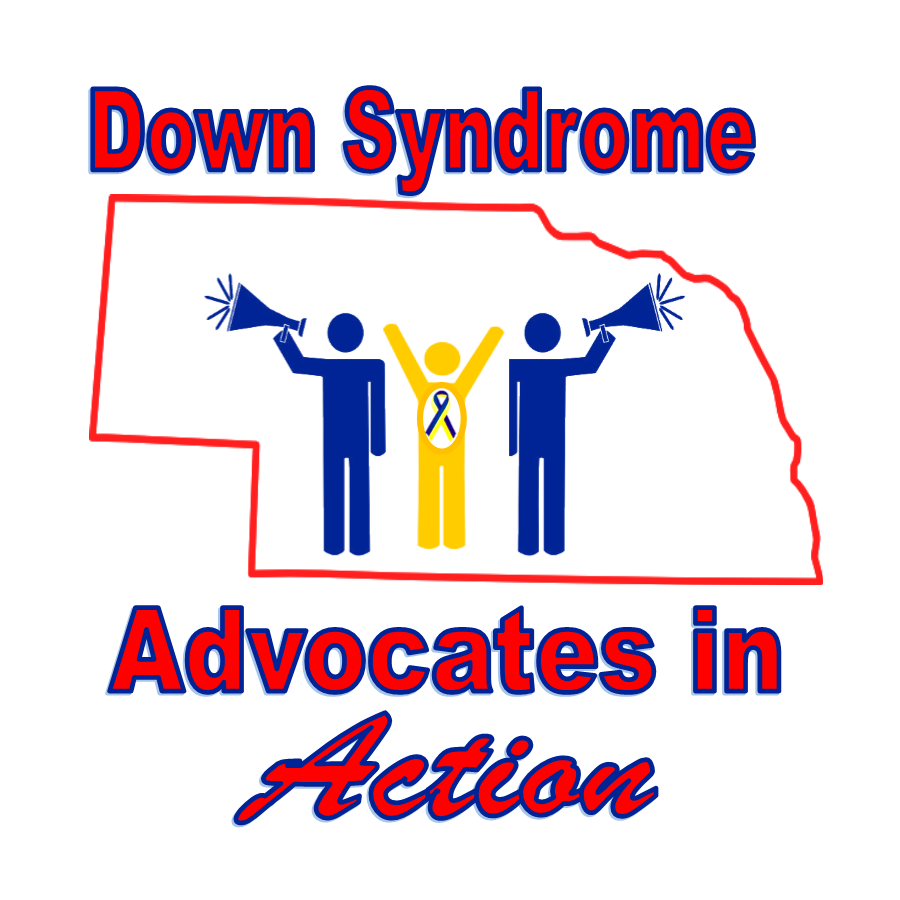 Happy Down Syndrome Awareness Month, day 18! We are celebrating by posting information about Down syndrome each day in October.during the 31 for 21 challenge. Feel free to share these posts to help spread awareness and acceptance. It is estimated that up to one third of individuals with Down syndrome also have celiac disease. The symptoms of Celiac disease can vary greatly and there are other gastrointestinal issues that are common in the Ds population which is why it often goes undiagnosed. Celiac disease happens when the body has an autoimmune response to gluten which can be found in wheat, rye, and barley. The body's response is to produce antibodies that flatten the villi in the small intestine which limits, its ability to absorb vitamins. Some of the more common symptoms to look for include bowel issues, lack of weight gain or growth, stomach pain, bloating, rash, irritability, and food avoidance. But there are also about 500 other possible symptoms which makes this disease an easy one to overlook. A simple blood test can tell if there are antibodies present and can indicate if additional testing is needed. Some doctors recommend that individuals with Down syndrome get the blood test for celiac disease every year with their annual testing. Other doctors feel that testing is only needed if there are symptoms present, or if the individual has a thyroid condition, which can increase the likelihood of an auto immune disorder. Once detected, the only cure for Celiac disease is to remove all gluten from your diet. This can often prove difficult as many foods contain trace amounts of gluten. For instance, potatoes are gluten-free, however when you cut them and fry them in the same oil as chicken nuggets or onion rings they become contaminated. It is important to read labels and understand cooking processes to know which ingredients contain gluten in some form and if they have come in contact with the food about to be consumed. Living a gluten-free lifestyle can be tricky for any individual. However, it can be much more difficult for individuals with Down syndrome, who don't necessarily realize or are able to remember all the different food items that can contain gluten. Let's face it we live in a gluten filled society. Cookies are handed out at supermarkets. Cake is it virtually every party thrown. Hotdogs, hamburgers and pizza have become a staple at many social events. It is one thing to avoid buying gluten, it is quite another to say no to that delicious cookie or cupcake being handed to you. It takes education. It takes practice. It takes power. We know that individuals with Down syndrome can and do accomplish great things every day. It's up to the rest of us to advocate for them and support them in a way that allows them to be successful. Comments are closed.
|
AuthorDown Syndrome Advocates in Action Nebraska, is a group for parents run by parents.
|

 RSS Feed
RSS Feed